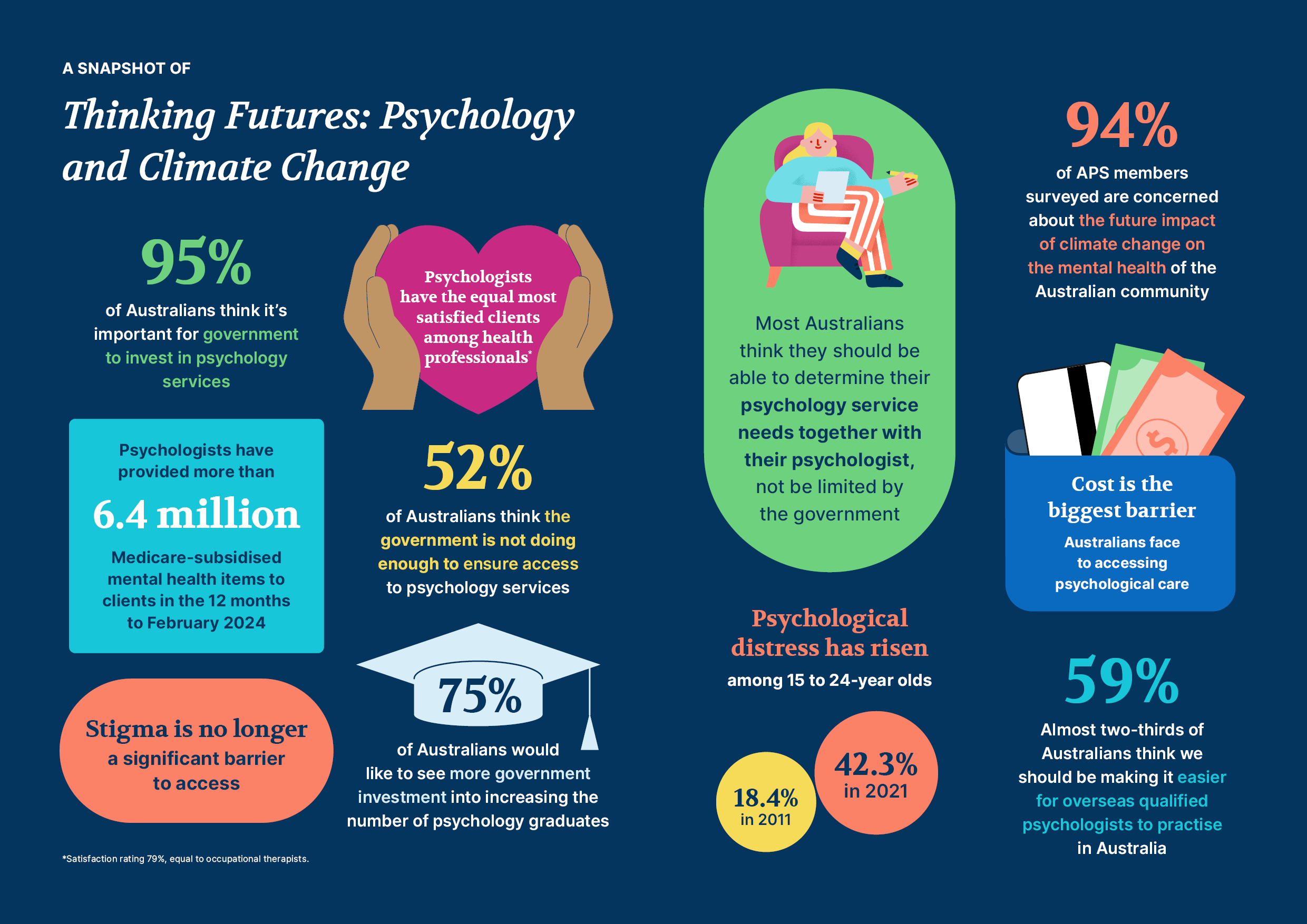Paul Berkner, B.S. ’81, D.O. ’86, medical director for Student Health Services at the University of New England, has co-authored a groundbreaking study examining instances of self-reported concussions in middle school athletes, the largest such study of its kind to date.
The publication, “Factors Associated With Self-Reported Concussion History in Middle School Athletes,” explores the risk factors that could contribute to adverse effects of concussions in 12- and 13-year-old student athletes. The study looked at sex, age, history of migraine treatment, attention-deficit hyperactivity disorder (ADHD), and learning disabilities as possible contributors.
“Concussions in general are a pretty common and self-limiting injury for most children, but certain individuals appear to be at a higher risk for worse outcomes. We are trying to understand some of the predictors that could put students at risk,” said Berkner, who is also an associate clinical professor in the College of Osteopathic Medicine.
Berkner said a breadth of research has been conducted on the effects of concussions on high school and college athletes, but little to none had previously been conducted on students playing sports in middle school. He said it is important to examine concussions in adolescents because the injuries could have adverse effects on academic performance.
“Children have one job, and that is to go to school. We know that long-term academic achievement is directly correlated to successful outcomes later in life. If, in certain individuals, concussions are shown to adversely impact academic achievement, then in those at-risk individuals it can take a concussion from a relatively common, self-limiting injury to one that has potential longer-term negative implications,” he stated.
Data from the study was gathered as part of the Maine Concussion Management Initiative (MCMI), for which Berkner serves as principal investigator, and was compiled from surveys of 1,744 12- and 13-year-old student athletes who completed the Immediate Post-Concussion Assessment and Cognitive Testing (ImPACT) test.
The ImPACT test includes a self-report questionnaire about previous concussions, developmental diagnoses – including ADHD and learning disabilities – and previous medical treatments, such as those for headaches and migraines. The test is used by thousands of schools nationwide to help evaluate and manage suspected concussions.
Results from the study indicate that male sex and a history of treatment for headaches and migraines are associated with concussion history, which the researchers hypothesized. The researchers found that neither ADHD nor learning disabilities were associated with concussion history in student athletes at the studied age.
Berkner said the study’s results will be used to improve the way concussions are studied by experts and managed by health care professionals.
“This study has its origins in exploring ways to improve the management of concussions by high schools and providers in Maine,” he explained. “In identifying individuals who have sustained concussions, we need to know if they may be at a higher risk for adverse effects so that we can better manage their injuries and be more attentive to those individuals before they return to their athletics.”






